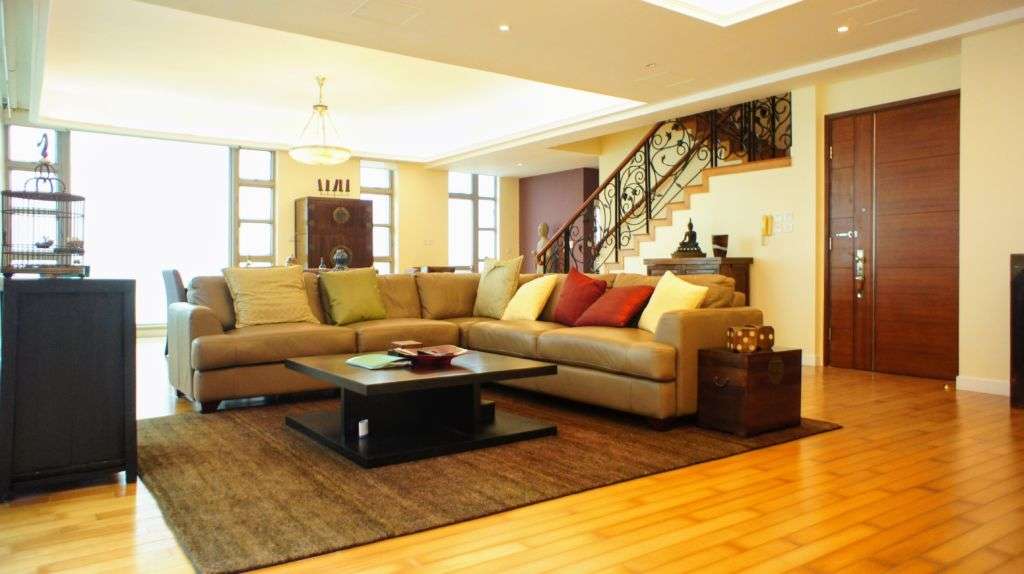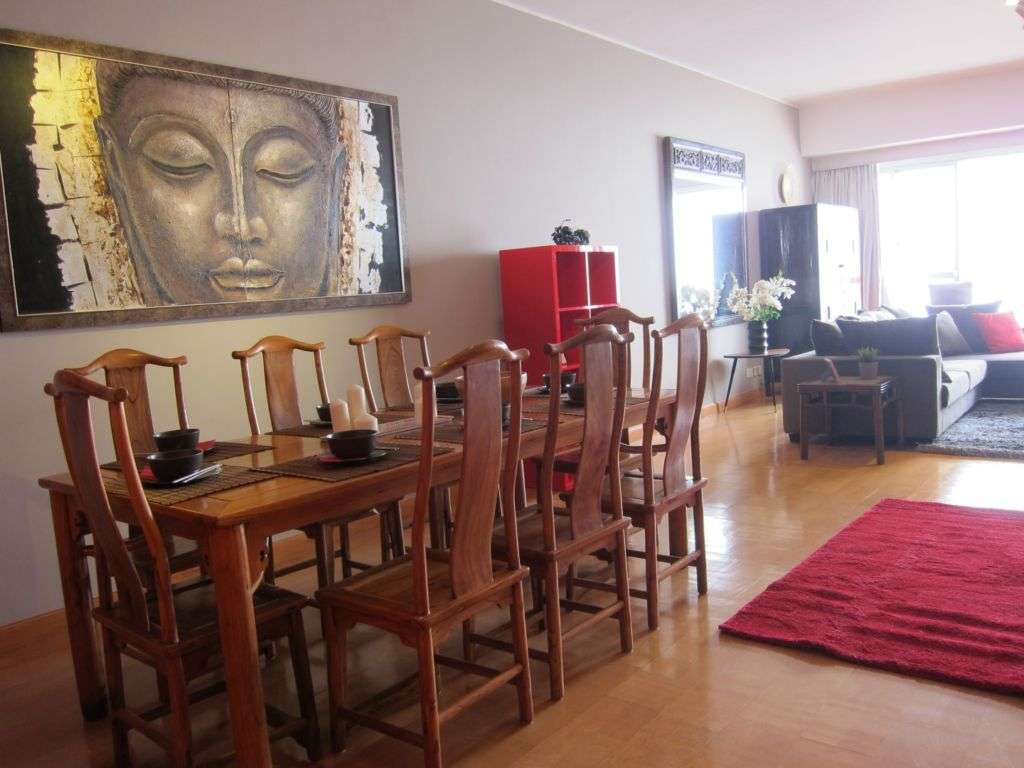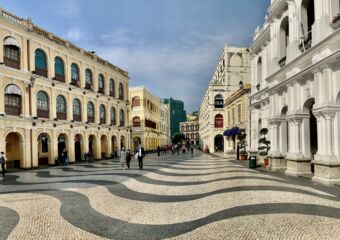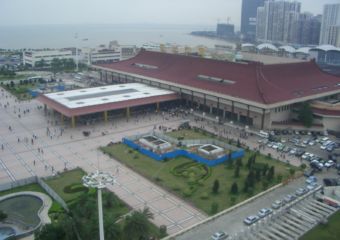Buying property in Macau can be an easy and enjoyable experience, but without proper preparation, it can be a confusing and disappointing exercise. For the uninitiated, here are a few golden rules to bear in mind if you want to jump on the property investment bandwagon.
Three relationships are crucial in the business of buying property: your bank manager, your real estate agent, and your lawyer.
For first-time buyers, even before you start looking at properties, avoid disappointment by getting your finances in order! Time and again Ambiente is contacted by excited, potential buyers eagerly asking to see one of our listings, only for their hopes to be dashed when they realize they have insufficient financing.
Decide exactly how much you can comfortably afford, either solo or with the support of your friendly bank manager. Go and have a chat with your bank. A relationship is key. In our experience, some banks are definitely more helpful than others so don’t be put off if the one to which your not insubstantial salary is paid still doesn’t seem interested. As long as you can prove sufficient source of income, (usually the last six months salary slips, a copy of ID and employment proof), other banks can be found that are much more sympathetic. Ambiente Properties can certainly provide help and advice in this area.
It’s as well to note that as a measure to cool the Macau property market and control speculation, the Macao Monetary Authority imposed guidelines to banks to further tighten loan-to-value limits for residential mortgages. For a first property, the credit line for Macau residents remains the same at between 50-90% depending on the actual transaction price of the property–higher lending for the cheaper units. For a second property, however, loan ratios are reduced to between 40-70%. And only 30-60% for non-Macau ID holders irrespective of whether it’s a first or second property. These are, they say, guidelines–and in our experience, depending on the level of comfort that the bank you’re talking with has in your creditworthiness, there is “flexibility”.
First-time buyers aged between 21-44 years old are entitled to apply to their bank under the First Property Scheme for a mortgage of up to 90% on a property priced below MOP $3.3 million, up to a loan ceiling of MOP $2.64 million. For a higher-priced property of MOP $3.3 million and above, first-time buyers can apply for an 80% mortgage, up to a loan cap of MOP $6.4 million.
Getting to grips with the various fees involved in a property purchase is also key to your decision on how much you can spend. It all seems quite confusing to the uninitiated. Basically, factor in 5% of your final purchase price and you’ll have enough for stamp duty (1.7%), notary fees (1.1%), registration (0.5%), legal fees (0.2%) and agency commission (1%). For a non-Macau ID holder, there is an additional 10% stamp duty. And bear in mind too that if you sell the property before one year is completed there is “Special Stamp Duty” of 20% of the value of the sale; this reduces to 10% in the second year, thereafter there is none.

Photo credit: David Hartung
Find a property agent who you feel you can trust–and importantly, who you like! Buying property, whether for your own use or for an investment is a big step, so ideally take time out to have a coffee with them to build a relationship and not be just another “faceless transaction”. You want your agent firmly on your side, able to explain the purchase process step by step to help you avoid potential pitfalls and ideally if you’re buying as an investment, they will start lining up and screening potential tenants.
It is very important that your agent has a clear understanding of exactly what you are looking for, your timetable, and your budget. In the long run, this all saves time and with a sense of friendship between you, they will go the extra mile. Once you’ve identified a property you like, a decent agent worth their salt will also shop around to get the highest valuation on the property as possible–ideally close to or the same as the asking price–which helps you, the buyer, convince your bank to lend you a higher amount than if the valuation is low.
In a town where all official documentation is either in Chinese or in Portuguese, if you don’t understand either language it’s doubly essential to have a good lawyer who will take the time to ensure everything is clearly explained to you. If you’re getting a mortgage, check too that your bank will agree to your choice of lawyer–some banks it seems will accept only certain lawyers and notaries.
Conveyancing is relatively quick and simple. Unlike the cumbersome deeds registration system used in Hong Kong, Macau uses the much more efficient title registration system. Here the register itself gives the evidence of current ownership and interests in the property.
The property market has certainly softened since the giddy heights of 12 or so years ago but it’s the old adage–supply and demand. Macau is relatively tiny so it doesn’t have a great deal of supply and there’s no doubt that money can still be made in purchasing. Especially if you’re prepared to take a property in a dilapidated condition, renovate, then lease and sell after two years; substantial capital gains can be earned. Careful, considered preparation before buying a property here will go a long way to ensure a positive outcome.
For any queries on these tips, Suzanne Watkinson welcomes you to contact her by emailing [email protected]. And don’t forget to invite us to your housewarming party!
This article was originally written by Suzanne Watkinson in September 2017 and updated in March 2020.
Ambiente Properties 2F Comercial Infante Building, 17a Rua do Dr. Pedro Jose Lobo, Macau, +853 6622 8541, www.ambiente.mo


































